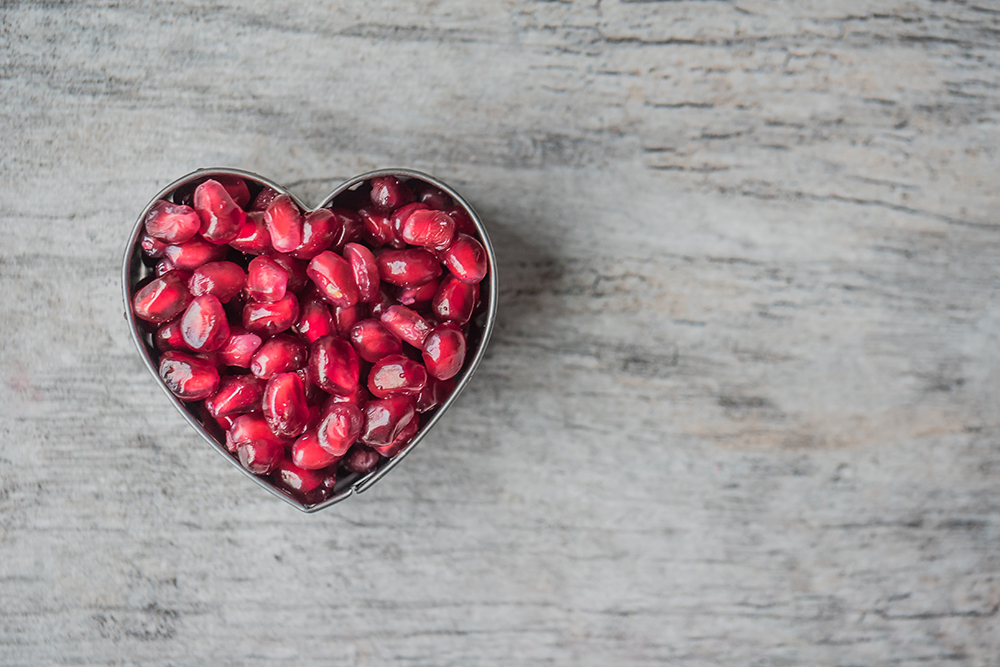The Awesome Foursome: Four Nutrients for a Heart Health

Cardiologist Dr. Stephen Sinatra has labels four nutrients – magnesium, coenzyme Q10, L-carnitine, and D-ribose – ‘the awesome foursome’ due to patient results linked to these nutrients.
These four nutrients are involved in the production of adenosine triphosphate (i.e. cellular energy). Adenosine triphosphate (ATP) is produced in the mitochondria of every cell. An ATP deficiency is linked to numerous health conditions, such as diabetes, Parkinson’s, cancer, heart failure, Alzheimer’s, and stroke.
These four nutrients can help boost the body’s production of ATP.
Do you need D-Ribose?
 Every cell in the human body slowly produces d-ribose. Liver, fat tissue, and adrenal glands produce the highest levels to meet the production needs of hormones and fatty acids. Heart, brain, nerve, and skeletal muscle only make enough d-ribose to manage day-to-day needs during a normal state of health.
Every cell in the human body slowly produces d-ribose. Liver, fat tissue, and adrenal glands produce the highest levels to meet the production needs of hormones and fatty acids. Heart, brain, nerve, and skeletal muscle only make enough d-ribose to manage day-to-day needs during a normal state of health.
The body is not able to produce high levels of d-ribose quickly when under levels of stress, such as oxygen and blood deficiency connected to heart disease. Any time oxygen or blood flow is compromised the body tissues are not able to produce adequate levels of d-ribose, which leads to a depletion of cellular energy.
D-Ribose Deficiency
Characteristics of individuals at increased risk for a d-ribose deficiency include men and women over the age of 45 showing early signs of cardiac dysfunction, statin drug users, women with mitral valve prolapse, and individuals with high blood pressure and/or heart disease.
D-Ribose Benefits
Heart Failure and Nutritient Deficiency
It’s important to know that heart failure may be linked to nutritional deficiencies. The right supplements can drastically improve your condition.
If you are diagnosed with heart failure here are four supplements to discuss with your doctor:
1. Coenyzme Q10
CoQ10 is a fat-soluble vitamin and powerful antioxidant. CoQ10 is directly involved in the production of energy and removes many free radicals from circulation. Free radicals lead to the oxidation of LDL and the subsequent chain of events that result in arterial plaque formation and narrowed arteries.



